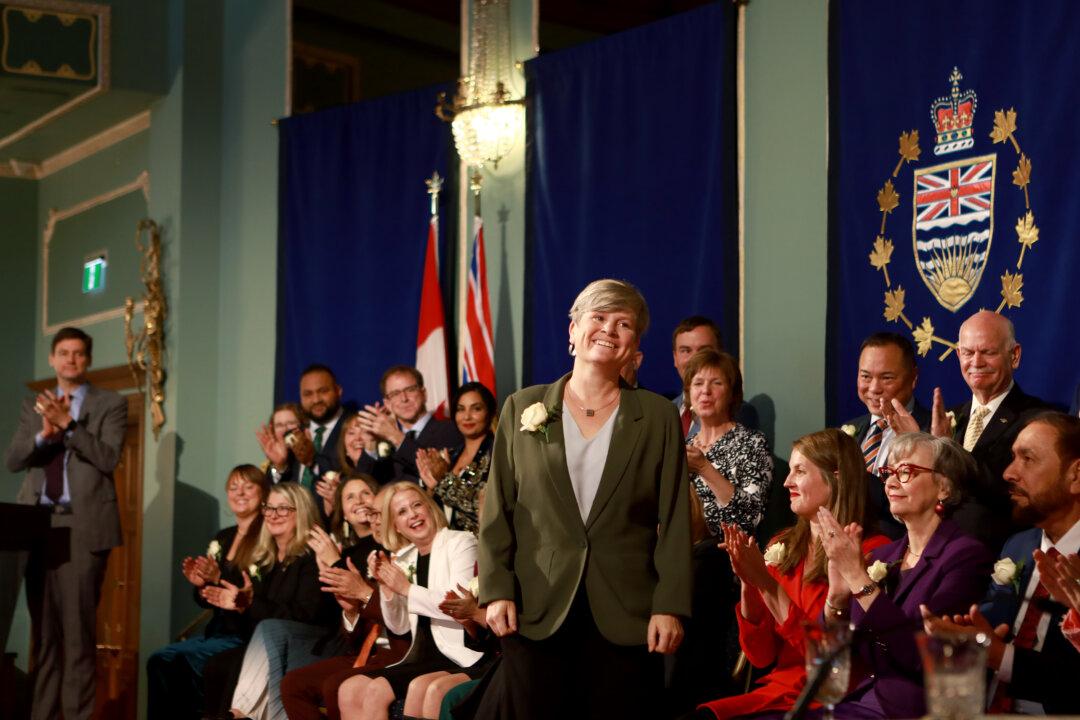B.C.’s health minister has been given a mandate to further the province’s promise to expand involuntary care for those with addictions and severe mental health problems.
Premier David Eby announced last year that his government would look to develop involuntary treatment facilities. Since winning the October 2024 election and forming government, Eby has directed his health minister, Josie Osborne, to move forward with the plans in a mandate letter dated Jan. 16, 2025.





